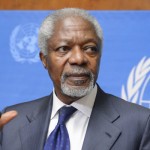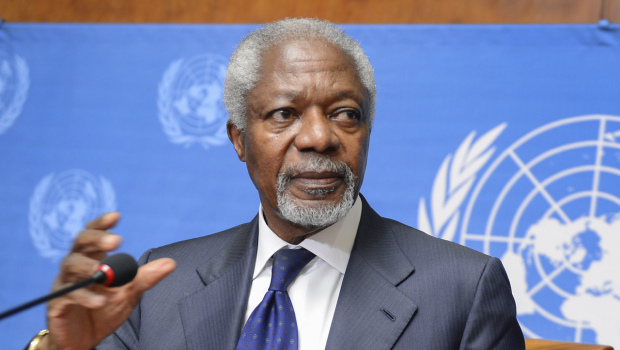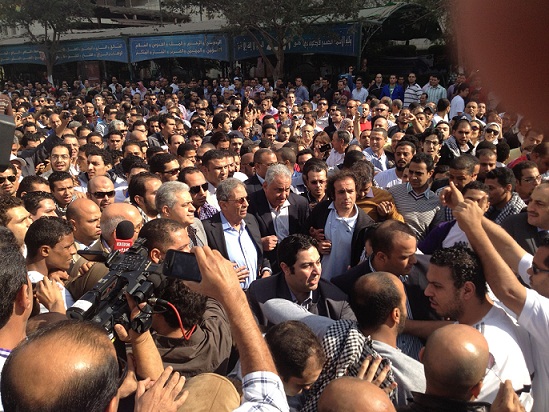
Shells fired from the Syrian territory hit northern Lebanon villages Tuesday morning, leaving three dead. The shelling follows the Lebanese cabinet’s decision to deploy troops on the Syrian border, in an attempt to control the conflict between the countries borders.
The victims of the latest shelling included a Lebanese man and two Syrians living in Lebanon, according to Reuters. The Syrians were killed after they were hit by a speeding car trying to escape the shelling, which had continued for five hours.
This is the second deadly shelling of the Lebanese border by Syrians in almost three days, the last attack was Saturday. The first shell hit the Wadi Khaled border region, killing a Lebanese woman in the process. A second strike, which took place almost an hour later, killed two more people, reportedly also leaving nine people injured.
The United States Ambassador to Lebanon Maura Connelly called on Damascus to respect “the sovereignty and territorial integrity of Lebanon.”
Similar reactions to the Syrian shelling were echoed by the European Union (EU) foreign policy chief Catherine Ashton.
“We strongly condemned the recent shelling of the Lebanese border area by Syrian artillery, causing several deaths and injuries,” Ashton said.
Lebanese president Michel Suleiman ordered an investigation into Syria’s shelling of the border.
The north of Lebanon witnessed sectarian strife after the beginning of the Syrian uprising. In May, two Lebanese Sunni Muslim clerics were killed in an incident in the Akkar region. One of the clerics, Ahmad Abdel Wahed, was a sharp critic of Syrian President Bashar Al-Assad.
On Friday, protesters closed a highway near Tripoli in northern Lebanon. The protesters were angry over the release of army officers accused of murdering the two clerics.
Tripoli is an Al-Assad supporter stronghold, since many of the city’s population are members of the Alawite Shia minority.
A report released by the UN Refugees Agency put the number of Syrian refugees currently taking shelter in Lebanon at 30,000 people, almost equal to the number of refugees in neighbouring Turkey. According to the report, the Wadi Khaled border region in Lebanon receives about 600 Syrian refugees weekly.
Nevertheless, unlike the Turkish government, which has been outspoken against the Al-Assad regime, Lebanon’s government is attempting to stay out of the Syrian crisis. President Suleiman confirmed that no members of the Free Syrian Army are currently being hosted in Lebanon, the newspaper Annahar reported.
However, Turkey, has played host to several Free Syrian Army meetings as well as ramped up its presence along the border of Syria, deploying tanks, anti-aircraft guns and troops.
On Monday, the British-based Syrian Observatory for Human Rights reported the ongoing violence of the more than a year old Syrian uprising has left more than 17,000 people killed.

